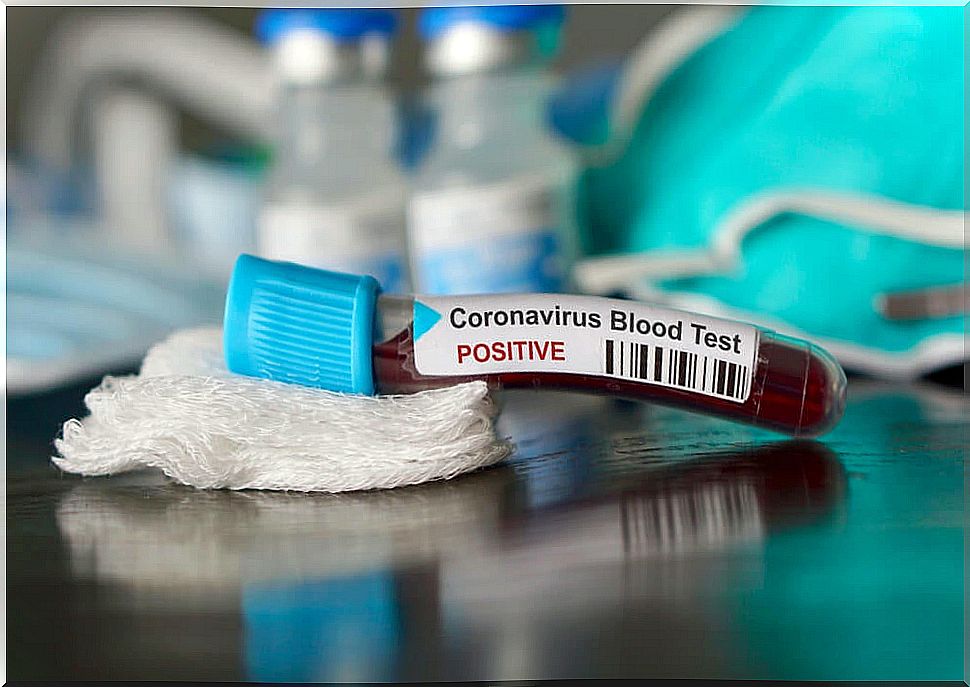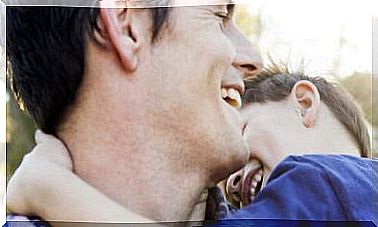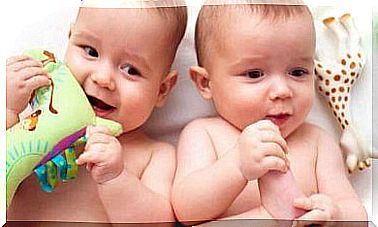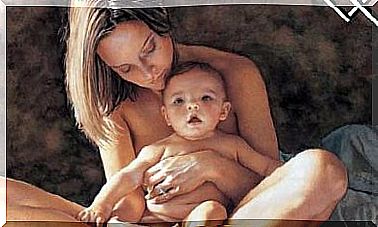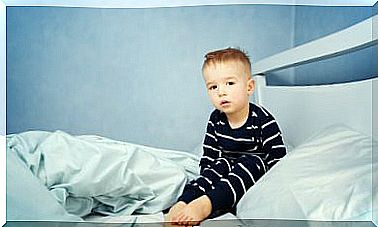Coronavirus: Everything Parents Need To Know
Currently, practically the entire world is on alert for the coronavirus. Despite activating the alarms and causing fear in people, not all the data that is disseminated about him is real. In this article we tell you everything parents need to know about coronavirus in children.
What is the coronavirus?
Coronaviruses are a family of viruses of which the origin is unknown. Within it, there are different types of coronavirus. The different types of coronavirus can cause from an asymptomatic infection, through a simple cold and even complications such as pneumonia or even death due to respiratory failure.
It was in December 2019 when cases of a new type of coronavirus began to be detected in the Chinese city of Wuhan, this is COVID-19. Since then, its ability to spread easily from person to person has meant that the number of cases does not stop increasing and that this virus has spread to many countries around the world.
Transmission occurs through small droplets that travel in the coughs or sneezes of an infected person and that can reach another person directly or remain on surfaces and objects.
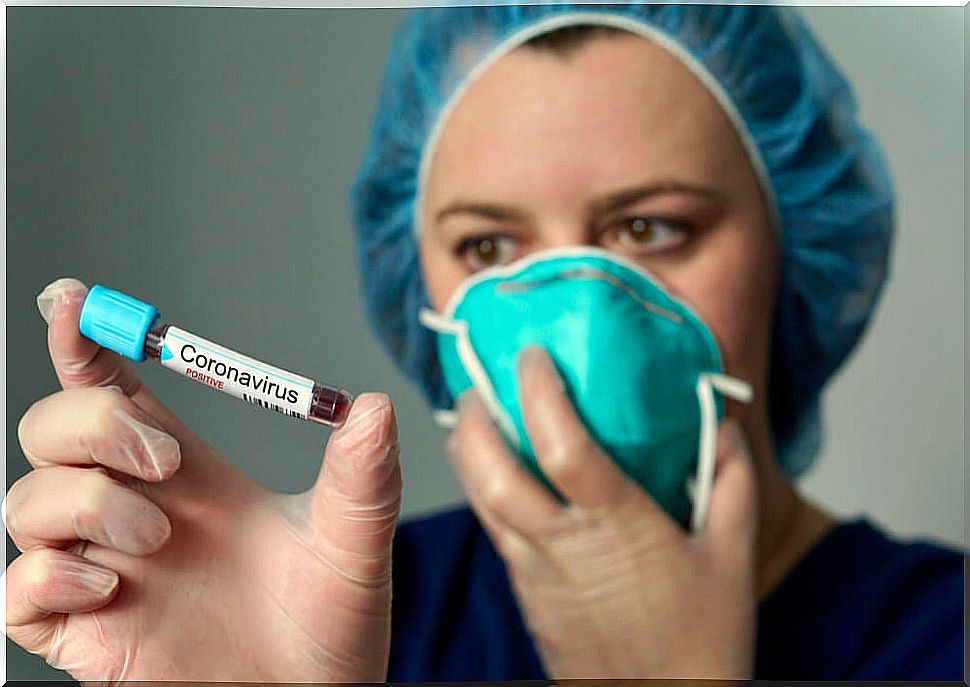
Is the coronavirus serious?
Although person-to-person transmission occurs easily and the number of infected is very large, the mortality rate is 3.4% according to the WHO.
In those affected between the ages of 10 and 49, the mortality rate is between 0.2% and 0.4%, with rates higher than 1% after 50 years. Thus, the children seem to be safe, since none have died from COVID-19.
The highest mortality occurs especially in susceptible populations, such as the elderly, people with other diseases and associated risks, or individuals with a depressed or immature immune system.
What symptoms does it produce?
Coronavirus infection usually produces symptoms similar to those of a common flu. Among these symptoms, we can find the following:
- Runny nose
- Tiredness.
- Dry cough.
- Fever.
- Sore throat and headache.
An infected person can remain without symptoms or, in the most serious cases, end up suffering serious complications. The most important complications that can occur would be pneumonia or even respiratory failure.
Treatment and how to prevent it
There is currently no effective treatment for this type of virus. Treatment will be that of symptoms, controlling fever, pain and trying to keep the patient in good general condition.
It is also necessary to be alert to the appearance of possible complications, especially, as we have already commented, in the most susceptible population groups.
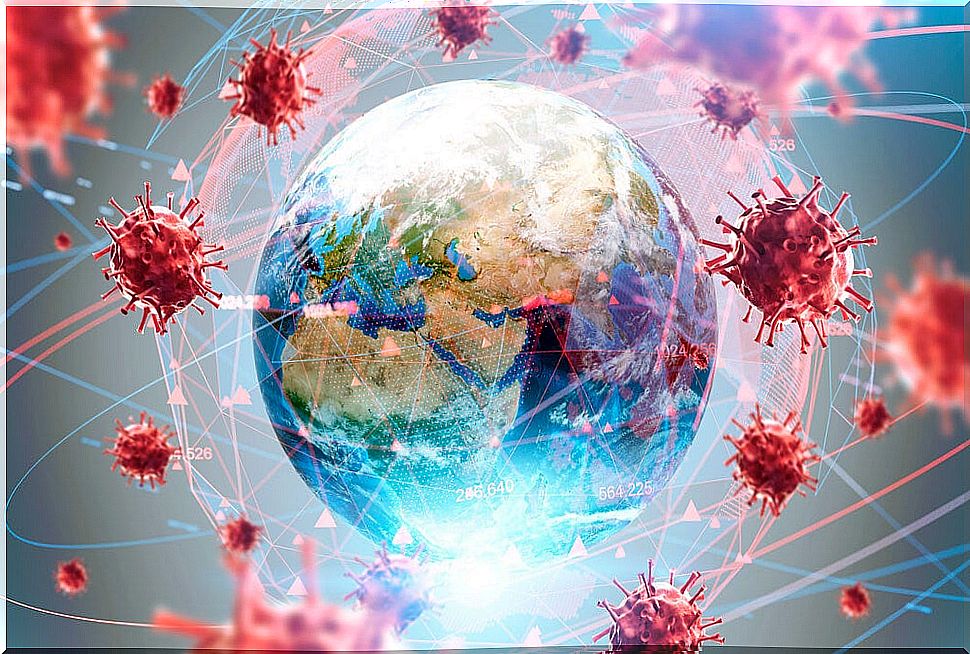
This is why it is important to avoid person-to-person contagion. For this, the most important thing is proper hygiene. This hygiene must be basic general. In addition, special care must be taken in hand hygiene. It is essential to wash your hands after any possible contact with an infected person or object.
It is advisable to avoid contact with people already infected and, if you cannot avoid it, properly cover your eyes, nose and mouth.
What about the coronavirus in children?
Although children have the same chance of being infected as adults, it seems that the infection in them is milder. There have been fewer complications of the virus in children and the most common is that it passes as a catarrhal picture without major significance.
Even so, the Spanish Association of Pediatrics, together with other pediatric institutions, intend to prepare a protocol for action and management of the coronavirus in children.
Of course, the most important thing is to be alert to any possible suspicious case and promptly notify Public Health so that it can implement the appropriate measures to confirm or rule out the infection, and give the pertinent instructions to avoid contagion and complications.
